To prepare our country to face the challenges in communication technology of the 21st century, the Department of Electronics and Communication Engineering was established in 2001. The department is accredited by the NBA and certified by ISO, with an intake capacity of 150 students, in addition to offering a postgraduate course (M.E. in Communication Systems) and a Ph.D. program. The department has an outstanding track record and has consistently produced Electronics and Communication Engineering graduates of exceptional quality and caliber. We envision becoming a center of excellence in the field of Electronics and Communication Engineering by producing technically competent graduates through a diverse and dynamic teaching and research environment. The educational objectives of the Electronics and Communication Engineering program are designed to produce competent engineers who are ready to contribute effectively to the advancement of the field and to meet the evolving needs of the community.
The Department is committed to
1. To impart research and industry-based quality education for developing innovative Communication Engineers.
2. To endeavour students with the necessary skills and practical experience to fulfil their professional duties and responsibilities in teamwork.
3. To develop expertise for consultancy activities by providing thrust for Industry-Institute Interaction.



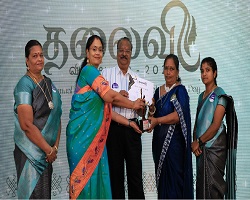








PEO 1: Employability and Higher Education: Excel in Professional career and higher education by acquiring knowledge in mathematical, social, scientific & engineering principles.
PEO 2: Core Competency: Analyze, design and develop/implement core-engineering problems in communication systems that are technically sound, economically feasible and socially acceptable.
PEO 3: Interpersonal Skills and Team Work: Exhibit professionalism, ethical communicating skills and team work by engaging in lifelong learning for sustainable development of the society.
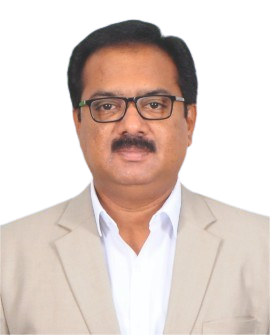
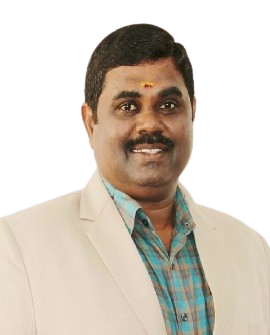
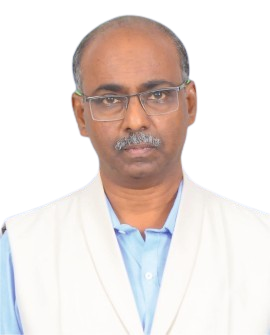
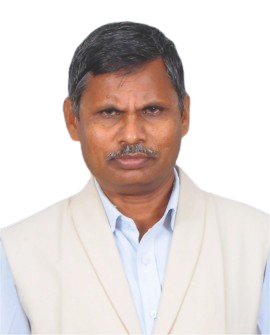

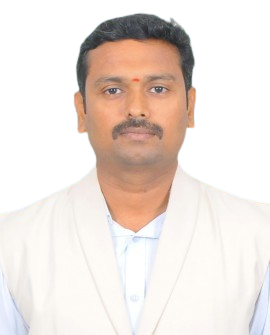
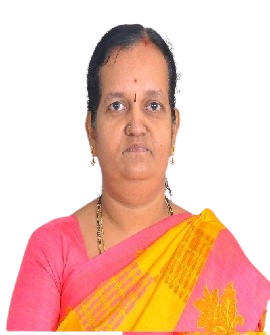
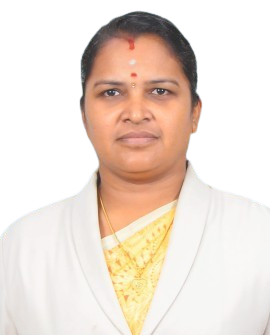
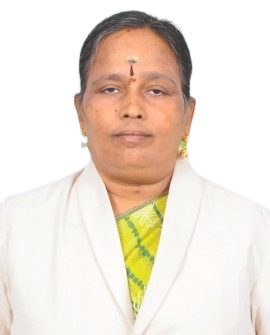
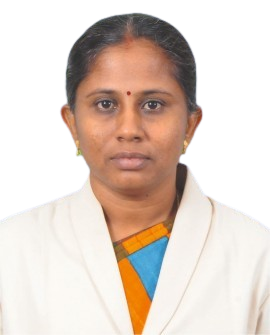
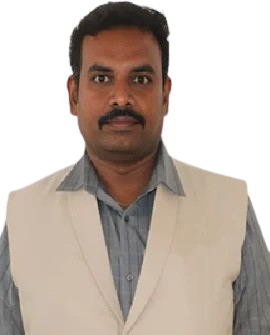
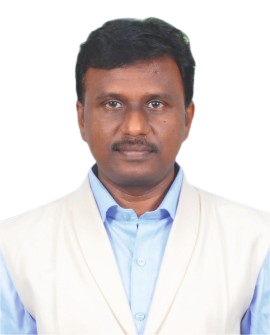

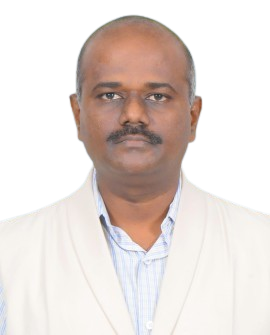
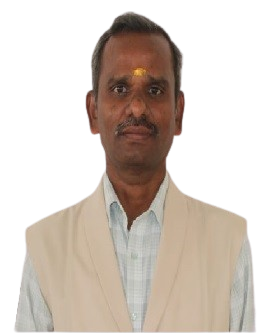
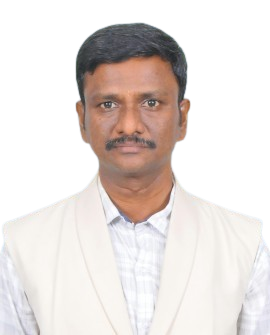
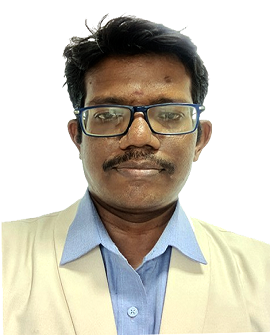
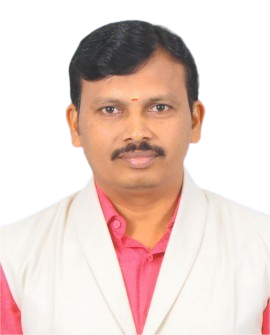
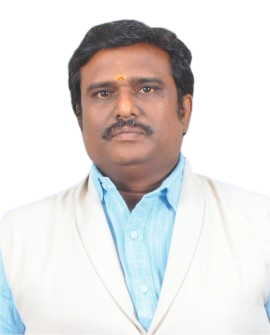
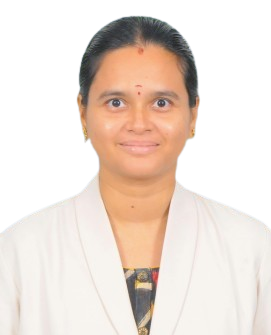
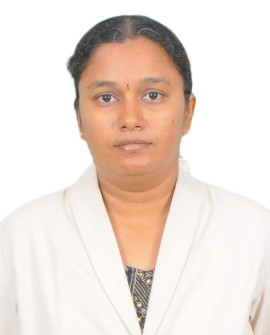
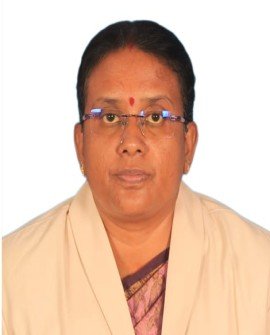
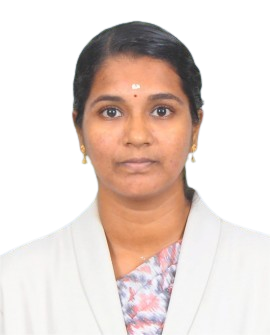


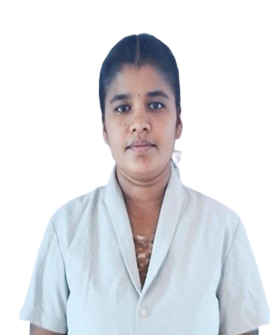
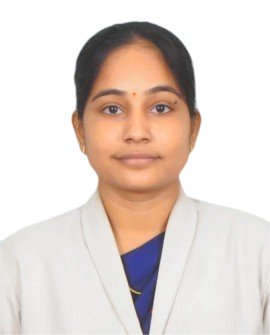


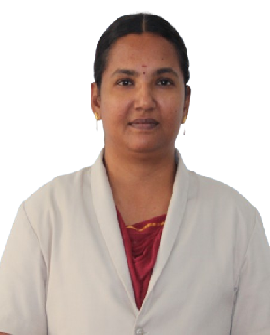

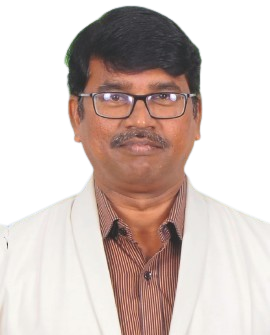

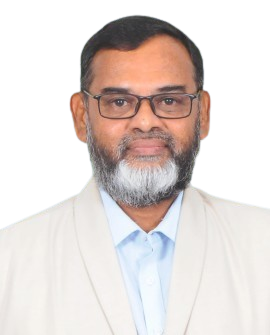
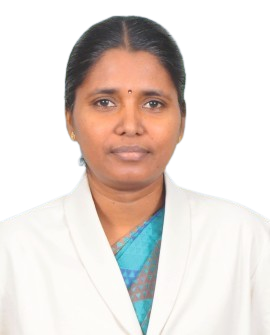
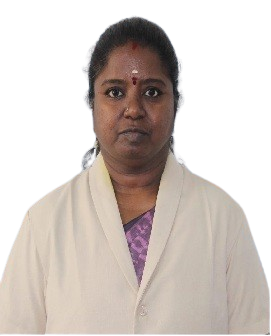
Research work is a important part of every department at K.S.R. College of Engineering. Here’s the roundup of the research work – publications, patents, Grants and programs organized by the department.
Each department has connections with relevant industry professionals, tie-ups through MOUs with companies in order to facilitate Internships, Industry visits, Projects, Knowledge Sharing Expert Sessions by industry experts. This greatly helps us to bring in the industry-perspective into the courses being taught and a hands-on learning for the students.
K.S.R. College of Engineering is a friendly environment for knowledge development which provides huge opportunities. The curriculum is also rigorous and comprehensive, offering a perfect blend of theoretical knowledge and practical experience. The faculty members are not only experts in their fields but also genuinely invested in the success of their students. Overall, my experience at K.S.R. College of Engineering has exceeded my expectations. I have grown both personally and professionally, and I am confident that the education and experiences I have gained here is guided me up to this level
My college experience wasn't just about academic and career growth, it also helped me as a person. I developed through friendships, challenges and guidance from Professors and peers.
My college is a place where I had countless moments of laughter with my friends and enjoyed the warmth of friendly professors. These beautiful memories will always remind me of the incredible times I had during my college years.
Praise for supportive academic advisors and counselling services that help me to navigate my educational and personal challenges.
My time at Department of Electronics and Communication Engineering was truly transformative. The faculty provided exceptional guidance, and the curriculum was both challenging and rewarding. The college fostered an environment of innovation and collaboration, which helped shape my career. I'm proud to be an alumnus of K.S.R. College of Engineering, where I gained not just knowledge, but lifelong skills and friendships.
The Department of Electronics and Communication Engineering at K.S.R. College of Engineering equipped me with the knowledge and skills I needed to succeed in my field. The faculty were always supportive and invested in my growth. I’m grateful for the opportunities I had to collaborate with talented peers and professors. My experience here truly shaped my career and outlook on life."
Phone : 9942888773
Email : hodece@ksrce.ac.in
Phone : 9942591602
Email : s.karthikeyan@ksrce.ac.in